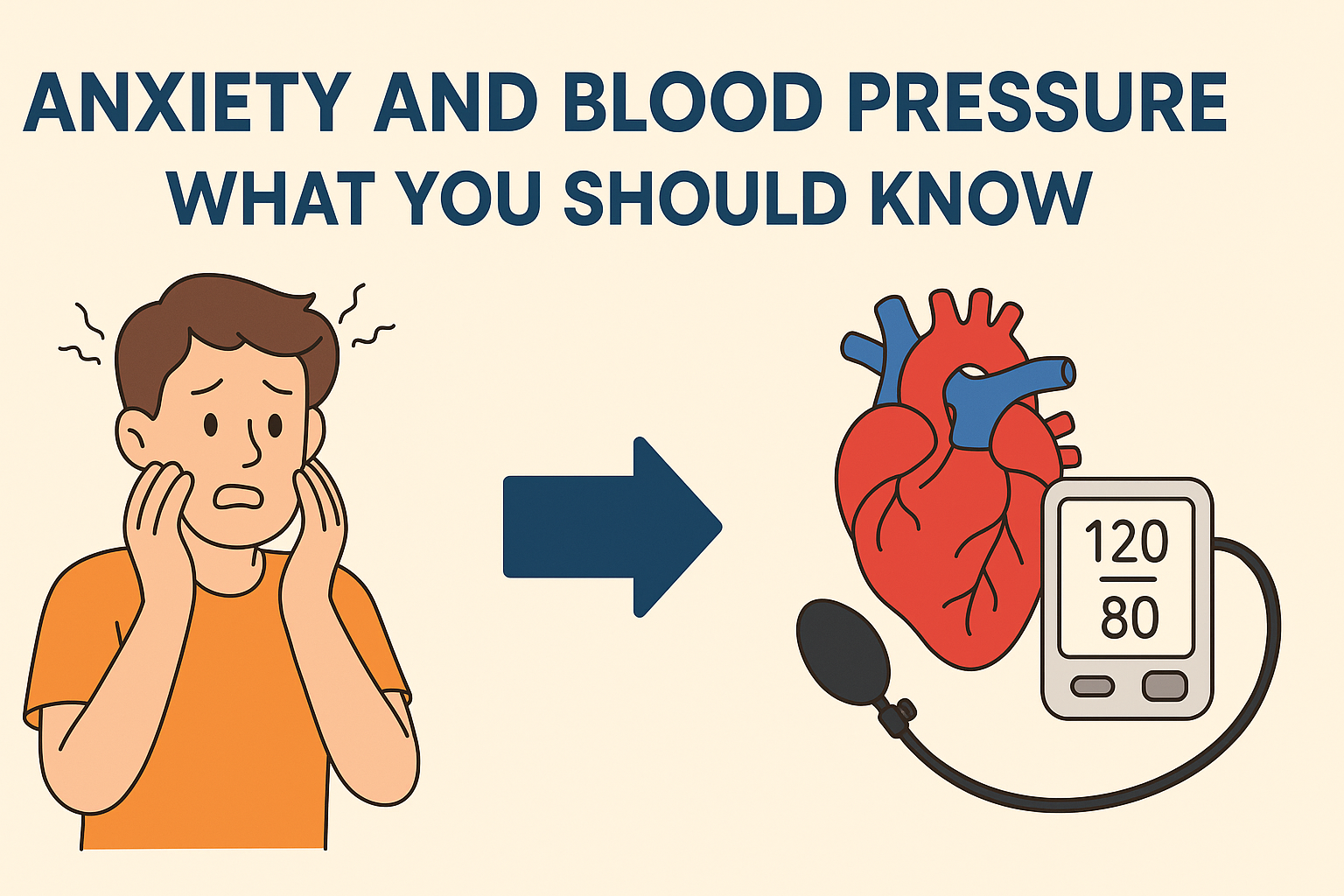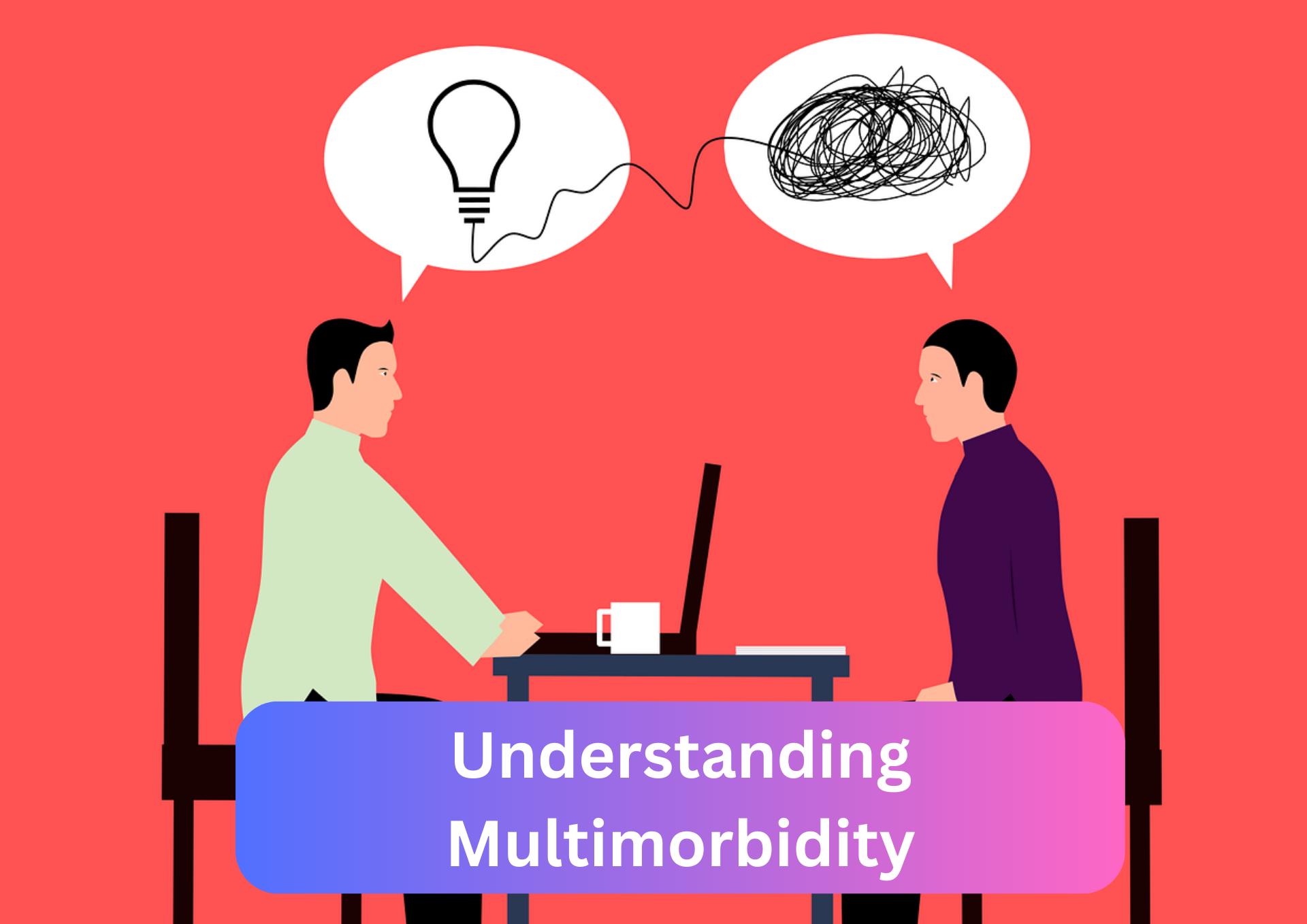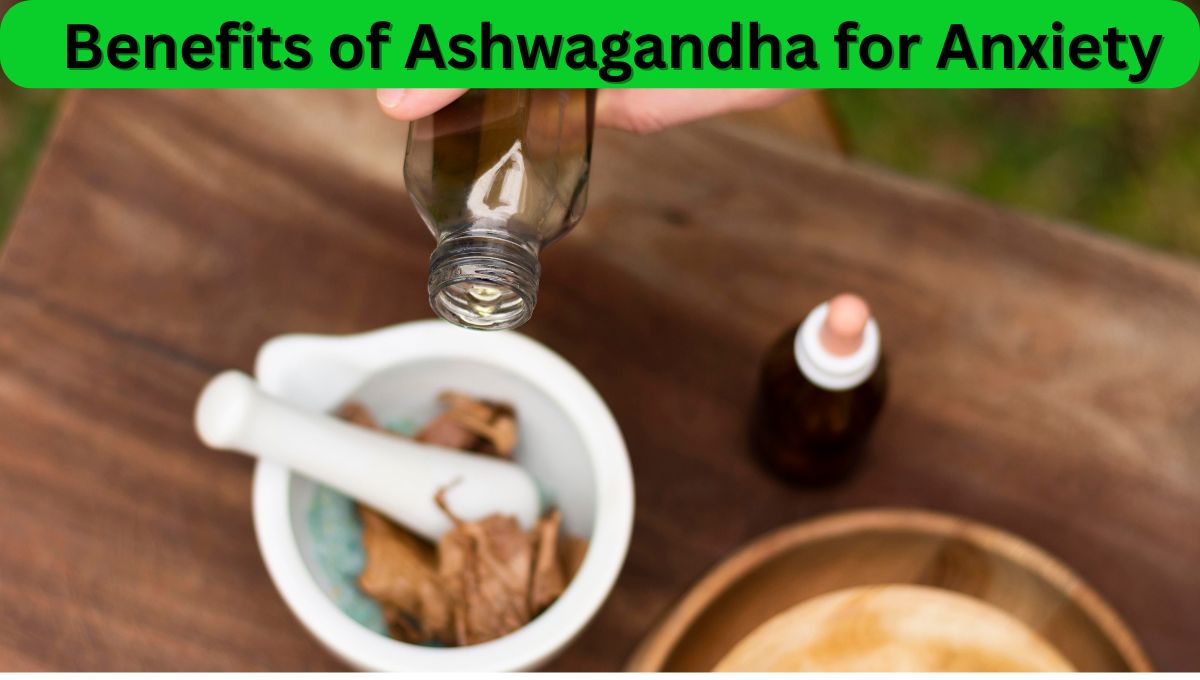Have you ever noticed how your body feels a little… strange after a really sad event? Your entire body becomes entangled in the mess, so it’s not just your heart that hurts. One of the main ways that grief affects your physical well-being? appetite loss. Yes, I am aware that sadness is more than just an emotional state. Your body responds in a variety of strange ways.
Food may seem like the last thing on your mind when you’re grieving. Some people eat nothing at all, while others use chips and ice cream to eat away their emotions. It throws your body out of balance in either case. And that’s not a good thing, I assure you.
Why Is Your Appetite Killed by Grief?
Here’s what happens: your brain switches into stress mode and releases a bunch of hormones that essentially tell your stomach, “Nope, I’m not hungry.” Have you ever been so upset that the mere thought of food makes you feel nauseous? That is the process by which grief enters your system.

And if this continues for too long? Your body then begins to panic.
You lose weight, but not in a positive way. Your body begins burning through your energy stores because it isn’t getting what it needs. Because of this, people who experience severe grief can appear to have aged overnight.
You grow weary and weak. Fuel cannot exist without food. Complete exhaustion = no fuel.
It affects your immune system. There will be less food.
The Whole Eating Rollercoaster
Grief can cause people to eat much more, not just less. Do you know what stress eating is? Yes, that is a reality. Junk food provides a rapid dopamine boost, which is why some people crave it when they’re depressed. For this reason, when you’re going through a difficult moment, a tub of ice cream appears to be a lifesaver.
- The issue is that emotional eating can result in weight gain. And that has its own set of health issues.
- Foods high in fat and sugar can affect your mood. After a brief high from junk food, you crash and feel worse than before.
- It might turn into a habit. It can become a chronic struggle if you begin to use food as a way to numb your feelings.
Grief, therefore, has a way of upsetting you whether you’re eating too little or too much.
Sleep and Appetite—Yep, They’re Connected
Yes, there is a connection between appetite and sleep.

Have you ever experienced a night when your mind simply won’t stop racing? Well, grief frequently causes that to occur. And you know what? Your appetite follows when you’re not getting enough sleep.
Not getting enough sleep? Your body begins to crave the wrong foods. Hi there, midnight munchies.
Sleeping too much? Your metabolism slows down, and all of a sudden you have no appetite.
Additionally, poor sleep only gets worse if it persists. The cycle continues as your body becomes more stressed and your appetite remains erratic. Not enjoyable.
So, What Are Your Options?
Now that we’ve covered the negative, let’s discuss the solutions.
1. Establish a routine
Try to eat small, frequent meals even when you don’t feel like eating. Consider it similar to providing your body with the energy it requires to function.
2. Make the Correct Food Selections
If you don’t feel like eating a salad, you don’t have to, but try to include some vitamins, healthy fats, and protein. You can even use a smoothie!
3. Drink plenty of water
Dehydration can exacerbate any situation. Keep a bottle of water close at hand and take sips all day long.
4. Move!
Even a quick walk can help balance your energy and appetite, so it’s not necessary to go to the gym.
5. Speak with Someone
You just have to let it all out sometimes. Speaking with a friend, therapist, or support group can help you feel less stressed.
Final Thoughts
Grief is difficult. It affects every part of your body, not just your mind. The process includes sleep problems, strange eating patterns, and appetite loss. The good news, though? There is something you can do about it. Little things like eating a little, drinking water, and getting some fresh air can make a big difference.
Therefore, keep in mind that your body requires care as well the next time you or someone you know is going through a difficult period. Take care of yourself, please.
Commonly Asked Questions (FAQs)
1. Which negative effect of grief influences physical health?
Numerous physical symptoms, such as fatigue, loss of appetite, disturbed sleep, weakened immunity, and even digestive problems, can be brought on by grief.
2. Why does grieving cause me to lose my appetite?
The brain’s stress response to grief causes the release of hormones that reduce appetite. Even when your body needs nourishment, this can make eating seem unappealing.
3. Is it possible for grief to result in weight gain or loss?
Yes, both can result from grief. While some people lose their appetite and inadvertently lose weight, others resort to emotional eating, which causes them to gain weight.
4. What causes my cravings for junk food during times of grief?
Because stress and sadness temporarily raise dopamine levels, they can trigger cravings for foods high in fat and sugar that provide momentary comfort.
5. Is there a link between sleep issues and grief?
Indeed. Oversleeping, restless sleep, or insomnia brought on by grief can all have an impact on energy and appetite.
6. How can I eat healthily while I’m grieving?
Aim for small, well-balanced meals, drink plenty of water, and select foods high in vitamins, healthy fats, and proteins. If eating is hard for you, smoothies might be a good solution.
7. Does exercise help with appetite problems associated with grief?
Indeed, walking and other forms of mild exercise can improve mood, control hunger, and lower stress levels.
8. How long do changes in appetite brought on by grief last?
It differs for every individual. Although appetite fluctuations can last anywhere from a few days to several months, it is recommended to seek professional assistance if they continue or significantly affect one’s health.
9. Can talking to someone help with eating disorders related to grief?
It is possible to manage emotions and lessen stress-related changes in appetite by speaking with a therapist, friend, or support group.
10. What minor actions can I take to help my body cope with grief?
Get fresh air, eat small, nutrient-dense meals, drink lots of water, do some light exercise, and, if necessary, seek emotional support.








